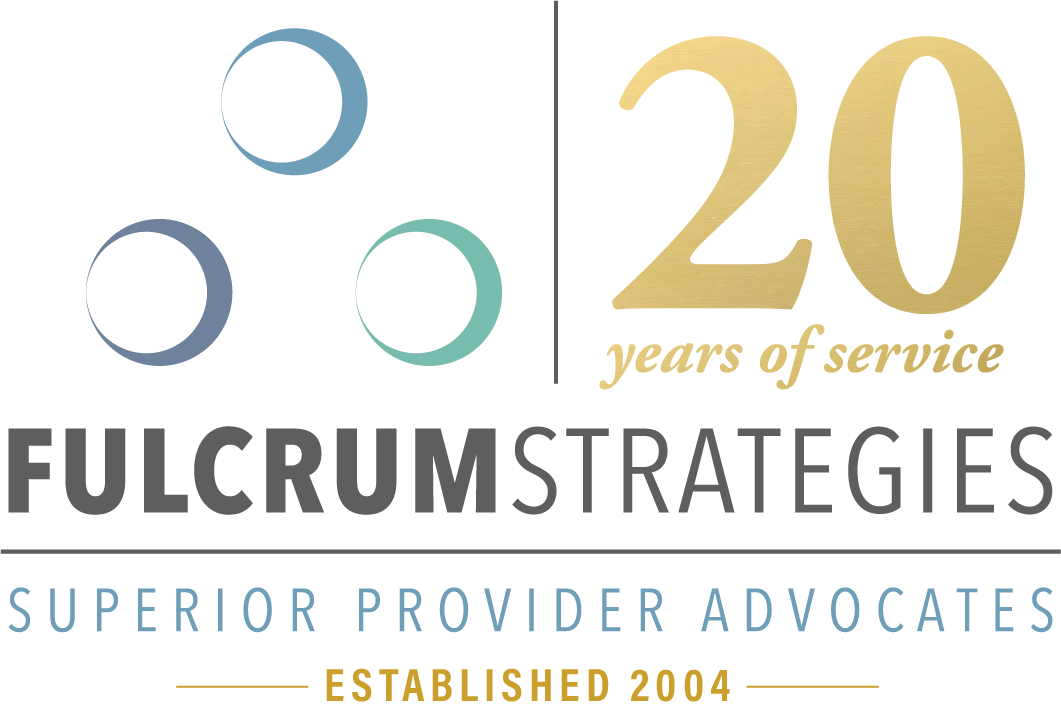Front Line Health Care Workers
Now that the election is over, I want to shift everyone’s focus to something even more important. I want to talk about the pandemic and, more specifically, the front-line health care workers who battle this virus every day.
This pandemic has taught us new terms like social distancing and herd immunity. We have also learned about Covid fatigue. After nine months of this virus, most if not all of us are suffering from Covid fatigue. We are tired of not eating at our favorite restaurant. We long for the ability to have parties and gatherings. We want our kids back in school. We want to see a movie in a theater again and travel for a vacation. We are tired of looking at the same four walls, and like the election, we want this to be over.
For some of us, Covid fatigue involves losing a job, food insecurity, and unfortunately, the loss of a loved one.
Now think about the incredible fatigue that our front-line health care workers are feeling. They have been battling this virus for more than nine months now. In the beginning, there were concerns about having enough PPE and fighting a virus that no one knew much about. Throughout the pandemic they have dealt with the fear of contracting Covid and then giving it to a loved one at home. I know doctors who moved out of their houses into an apartment to not risk infecting their families. The next time your spouse or kids are getting on your nerves, remember some people would gladly trade places with you.
As we got a handle on PPE supplies and how to treat the virus better, things started to look up. We started getting ahead of the curve, and there seemed to be a light at the end of the tunnel.
Then as summer ended and we moved into fall, things started getting worse. New cases started going up dramatically, which were followed several weeks later with massive spikes in hospitalizations. For the front-line health care workers, this must-have seemed like one of those war moves where the troops repel the first wave attack only to see a second much larger wave coming after only a short break. The troops are tired, and once again, they have to fight against a relentless and never-ending enemy.
The numbers are scary. Right now, we have more people hospitalized because of Covid than at any other time during the pandemic. What’s really scary is the lag between new cases and hospitalizations. On average, there is about a 4-week lag from testing positive to being hospitalized. That means the over 60,000 people in a hospital bed right now probably tested positive a month ago. A month ago, we were seeing about 40,000 new cases a day. Today the new case average is over three times that number at over 120,000 new cases a day. That means that around Christmas, we could have 180,000 to 200,000 people in a hospital bed with Covid.
Ladies and Gentlemen, it doesn’t take an economist or a statistician to tell you that we don’t have that kind of excess capacity in hospital beds or people to staff them in our delivery system. Our troops are tired. They have fought this thing with the sort of bravery and commitment that would win them all medals on the battlefield. Even with that, there will come the point where they get overrun. There will come the point where no amount of effort or bravery will be able to stem the tide of overwhelming numbers. People, we are hurtling toward point right now at breakneck speed.
What can we do? First of all, we can follow the simple but effective advice of mask-wearing and social distancing. We can avoid large social gatherings, and yes, that means Thanksgiving and Christmas. We can give our support to these health care professionals in every way we can. Simply put, we need to pitch in now and help them hold the line.
When we talk about “front line” health care workers, we need to keep in mind there is no fallback line of defense. If our “front line” gets overrun, the next line of defense is you! The next line of defense is people dying in hallways or alone at home.
Let’s pull together and give our health care delivery system all the help we can.
Be sure to listen to our latest podcast. Streaming now on Soundcloud and Apple Podcasts!
